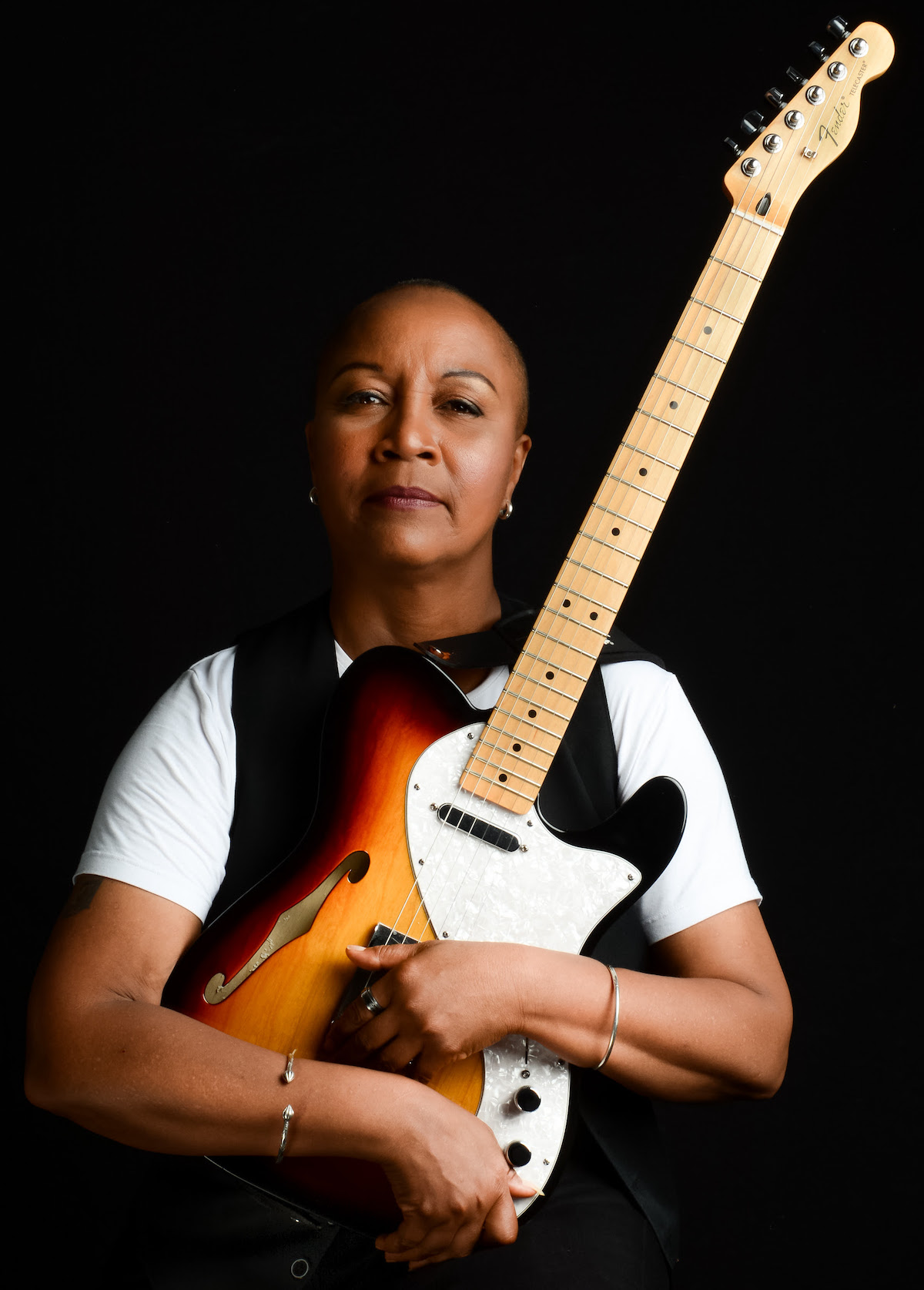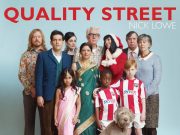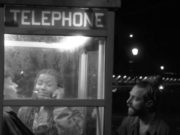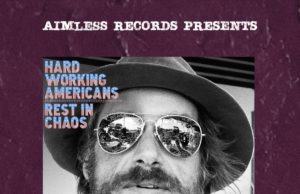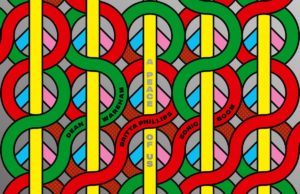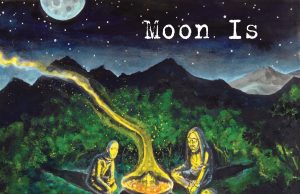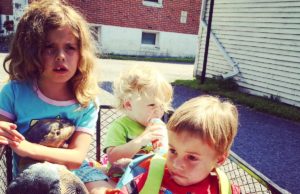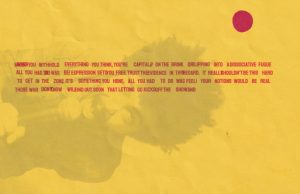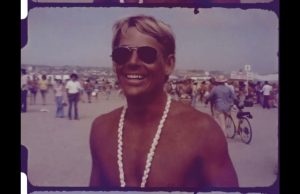Leslie Taylor shares a flirtatious memory of sexual awakening with her sweet new single Look But Don’t Touch — showcasing today on Tinnitist.
The Toronto pop-fusion artist’s new track used easy, island-infused beats, deft guitar, and crystalline, soulful vocals to tell the story of someone walking into her first gay bar and meeting someone who would change her life for the better. At first, the narrator is nervous, but then she settles into the uncomplicated fun she wills herself to have:
“Oh honey
Doncha be so coy
Let’s have a giggle and a drink
It looks like
You might overthink.”
The lighthearted flirtation of the song is underpinned by a heavier backstory, however. “Look But Don’t Touch is my voice as a 16-year-old teenager without a home discovering and awakening to my different sexuality and having no idea what was going to happen,” Taylor divulges. “Well, the worst had already happened, but at least I wasn’t having water boiled to be thrown on me anymore by a violent parent.”

Taylor was raised in residential services from the age of six months until 3 years old, and came home only on weekends. “My baby book of memories is rife with the neglect, written by a parent that could not cope, would not get help, and was a trained RN whose Machiavellian style of parenting created a non-stop environment of trauma.” When she did finally live with her mother, it was a deeply unhappy home. “That was my life living on the margins within the margins, and my Sears special jumbo guitar with seagulls on the flange was my only friend. Yes, I had acquaintances but as soon as they discovered who I was, I became a pariah. To be expected — it was 1977, after all.”
In the mid-‘90s, she released a self-titled, all-original album as an independent artist and led a five-piece band under her own name. Them parenthood became her priority, so she deferred her dreams (with pleasure). Eventually she returned to university and completed degrees in social work, while studying jazz guitar and continuing to write music.
Now she says: “It’s cool to heal, and as I make peace with the past, through continued access to the available healing resources that I’ve always used, here’s what I’ve learned: You can have compassion for your bloodline from a distance. You do not have to be their scapegoat and or their punching bag. Wish them well on their journey, it’s not your responsibility to heal them, and it’s fine to not have contact if the only thing that has healed and grown is you, and there’s nothing to miss except trauma. The past is over and done, there ain’t a damn thing you can change, the best you can do is buckle up honey and hold on as tight as you can, knowing love’s for real.”
Check out Look But Don’t Touch above and below and get more information at Lelie Taylor’s website.
